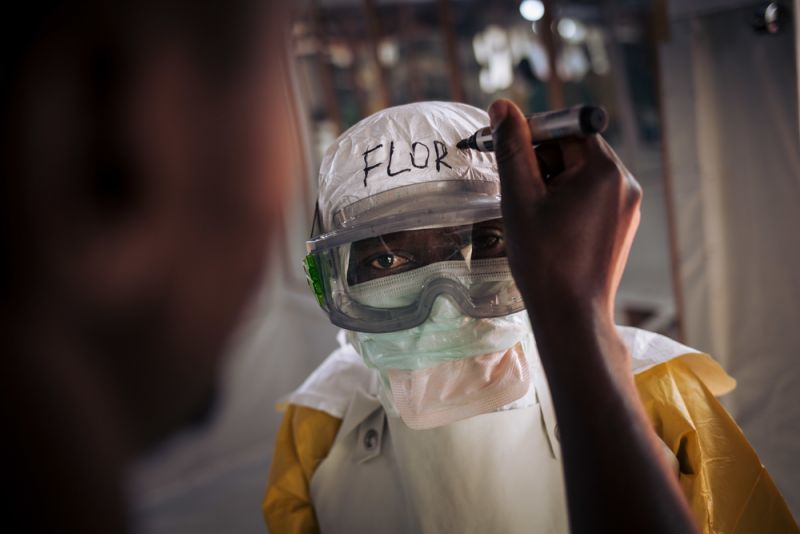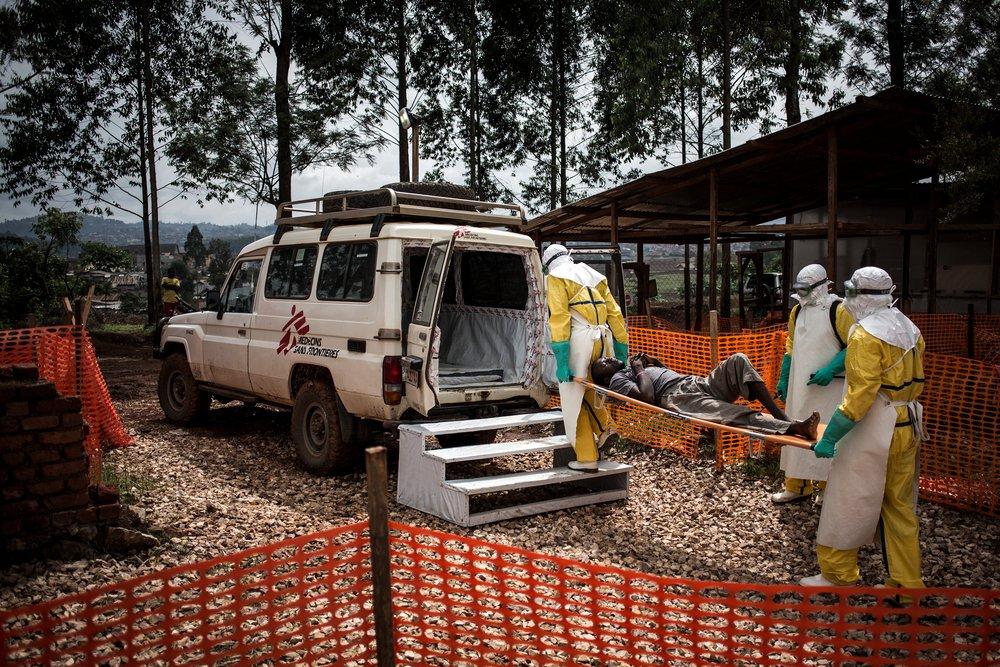“Whatever the official status of this Ebola outbreak is, it is clear that the outbreak is not under control and therefore we need a better collective effort. The virus has not spread to neighbouring countries so far, but the possibility exists. What is most important now if we want to gain control of this epidemic, is to change the way we are dealing with it. We need to adapt our intervention to the needs and expectations of the population, to integrate Ebola activities in the local healthcare system, to engage effectively with the communities, and to further explore promising vaccinations to strengthen prevention. Choices must be given back to patients and their families on how to manage the disease – for example, by allowing people to seek healthcare in their local centres rather than in an Ebola Treatment Centre (ETC). We owe this to our patients.” Gwenola Seroux, Emergency Manager at Doctors Without Borders (MSF).

More than eight months into the outbreak, the situation is alarming. The number of newly reported cases has significantly increased over the past few weeks, reaching its highest levels since the declaration of the epidemic. Last week, forty percent of the newly reported cases are people who died in the community, before they could be identified as Ebola patients and offered care.
Find out more about MSF's projects with Ebola
